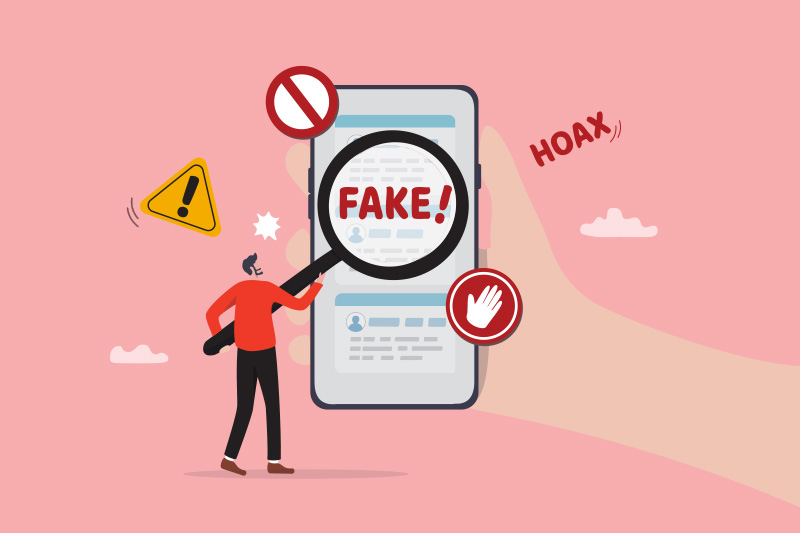AARP Hearing Center

Nearly all of us use social media to stay connected with friends and family.
Unfortunately, scammers use social media to connect with us, too. Before accepting a friend request on your social media platforms, keep these tips in mind to protect yourself from scams.
- Fraud criminals are adept at copying people’s social media profiles to impersonate them. In fact, Facebook reportedly shut down more than one billion fake accounts in the third quarter of 2024 alone.
- Criminals use cloned accounts to reach out to the actual person’s friend list for nefarious reasons: to fake a problem they need help with, to access sensitive information, or send out malicious links to the real person’s friends.
- To make sure you are hearing from the person and not a clone of that person’s profile, double-check that you are not already friends with them. If not, reach out if you can to the person by phone, email, or text to confirm that the request is real.
- Finally, adjust the privacy settings of your account to limit who can see your posts and your profile details. Information like your workplace, school or hometown can all be used by scammers to build convincing cloned accounts and target your network.
Learn how to spot and avoid scams with AARP Fraud Watch Network™. Suspect a scam? Call our free helpline at 877-908-3360 and talk to one of our fraud specialists about what to do.































































